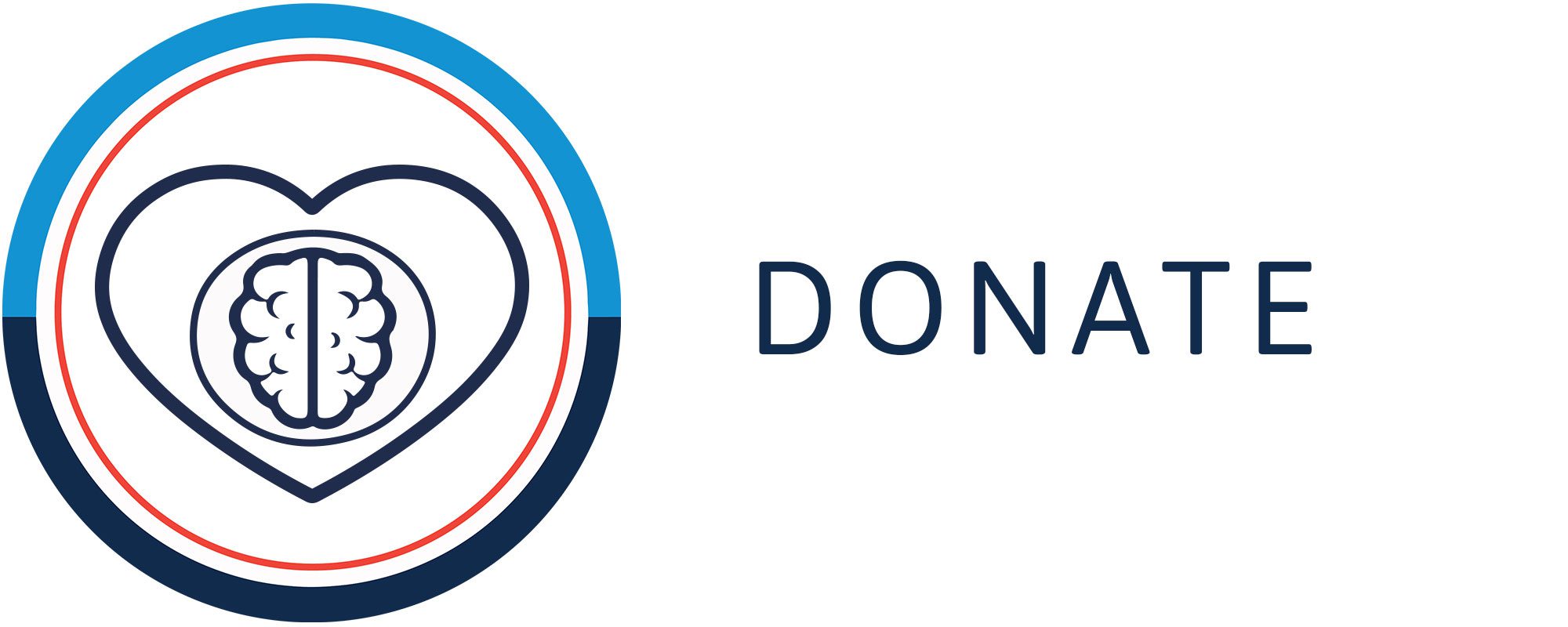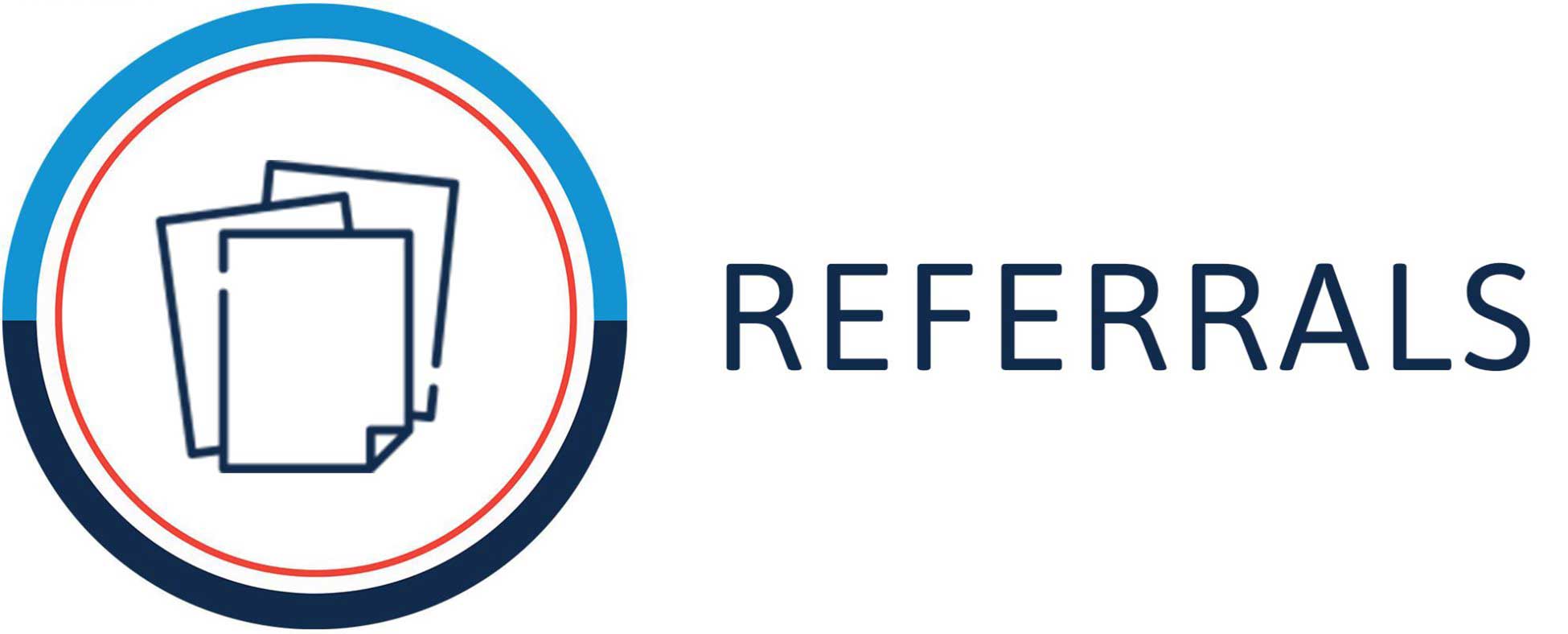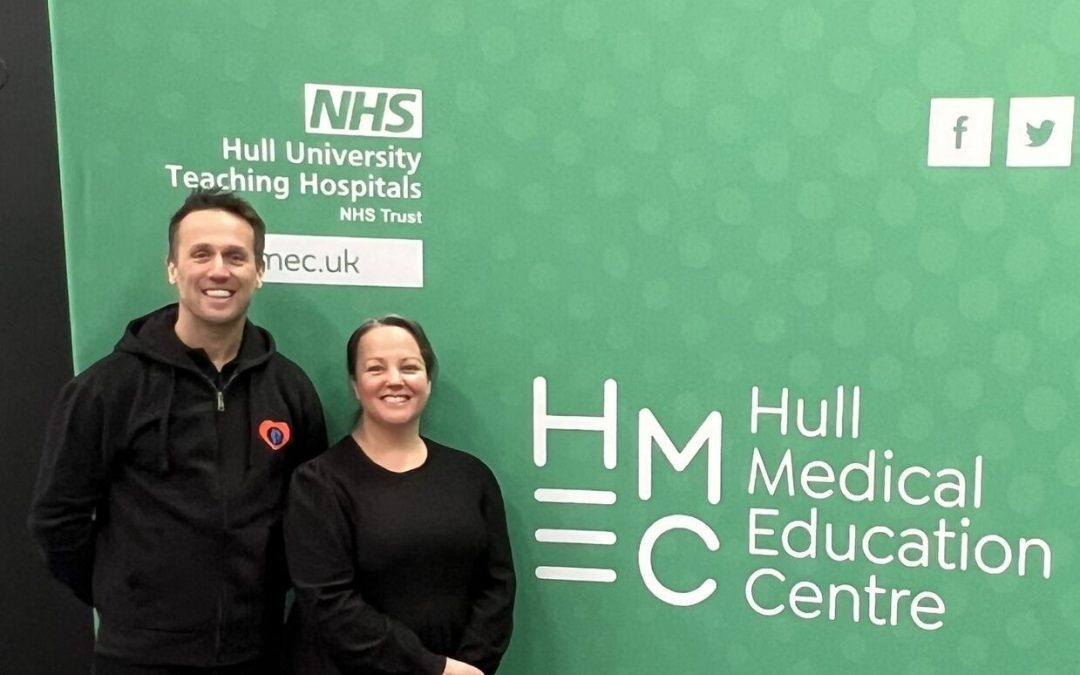P.A.U.L For Brain Recovery has recently been awarded an honorary contract with Hull University Teaching Hospitals NHS Trust (HUTHT), working as part of NHS Humber Health Partnership*. This contract allows Paul Spence and P.A.U.L For Brain Recovery Service Delivery Manager Nathalie Martin, to serve as charity advisors on the Neurosurgery and Neuro Trauma wards (Wards 4 and 40) at Hull Royal Infirmary (HRI), as well as on the Complex Rehabilitation Ward at Castle Hill Hospital.
This announcement coincides with Paul Spence, CEO and founder of P.A.U.L For Brain Recovery, marking his tenth year of volunteering in the Neurosurgery and Neuro Trauma wards at HRI. In 2015, three years after sustaining a serious brain injury, Paul began offering voluntary support to patients and their families, using his lived experience to provide hope and reassurance to others in similar situations.
Over time, the partnership between Hull Hospitals and P.A.U.L For Brain Recovery has evolved, with the charity supporting the care pathway by providing community support for brain injury patients and their families across Hull, the East Riding of Yorkshire, and North and North–East Lincolnshire following discharge from acute services.
Nurse Champions have been appointed on Wards 4 and 40 at HRI to raise awareness of the charity and the services available to patients and families. The charity’s information materials are also available at both sites. These efforts have strengthened the charity’s reputation at both HRI and Castle Hill Hospital, which has helped to cultivate a meaningful and supportive partnership. 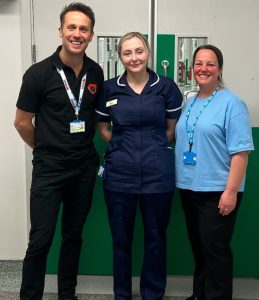
Paul Spence comments: “There are various members of the Neurosurgery and Neuro Trauma wards to whom I’m extremely grateful. Their support during the early days of my recovery, volunteering and recognising the need for a service like the charity provides, really boosted my confidence. With patient care and safety being of the utmost importance, the charity is honoured to work alongside frontline healthcare professionals, who do an amazing job. I can’t thank them enough.”
Stacy Dixon, Charge Nurse, Ward 4, HRI, adds: “Since Paul and Nathalie began visiting and chatting with our patients, we have noticed a huge difference in their psychological wellbeing.
Stacy continues: “Paul and Nathalie visit patients with injuries in Wards 4 and 40 every Tuesday. Their visits provide patients with an opportunity to talk about any concerns or worries, which helps lift a huge weight off their shoulders. We are truly grateful for this service and love seeing how much it benefits both patients and their families.”
Paul Johnson, Nurse, Ward 4, HRI, comments:
“Having been there himself, Paul knows that it’s not just about a medical recovery; patients who have experienced brain injury have a whole host of physical, emotional, financial and psychological needs to try and balance too. The charity provides so much support in this respect, beyond that which the NHS is able to offer; even the smaller things which help patients to cope again in the wider world. 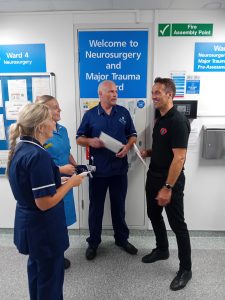
“It’s not just about patients with a brain injury either, they consider the needs of their families and loved ones too and this is so important when a patient is recovering from this kind of injury and preparing for discharge.”
Recognising the need for a more formal process, HUTHT awarded honorary contracts to Paul and Nathalie to act as charity advisors. This allows them to speak with patients and families, ensuring they are aware of the post–discharge community support available from P.A.U.L For Brain Recovery.
Paul Spence, continues: “P.A.U.L For Brain Recovery is delighted to be awarded the contract to support people across Hull Royal and Castle Hill. It reinforces the importance of Nathalie and I being charity advisers on the wards and being able to speak with patients and families affected by brain injury. We are committed to providing excellent support to patients and families.”
From Paul becoming known as a volunteer on Wards 4 and 40 to the charity being formally recognised by the hospitals, the service will continue to evolve according to the needs of patients, families and clinical staff.

